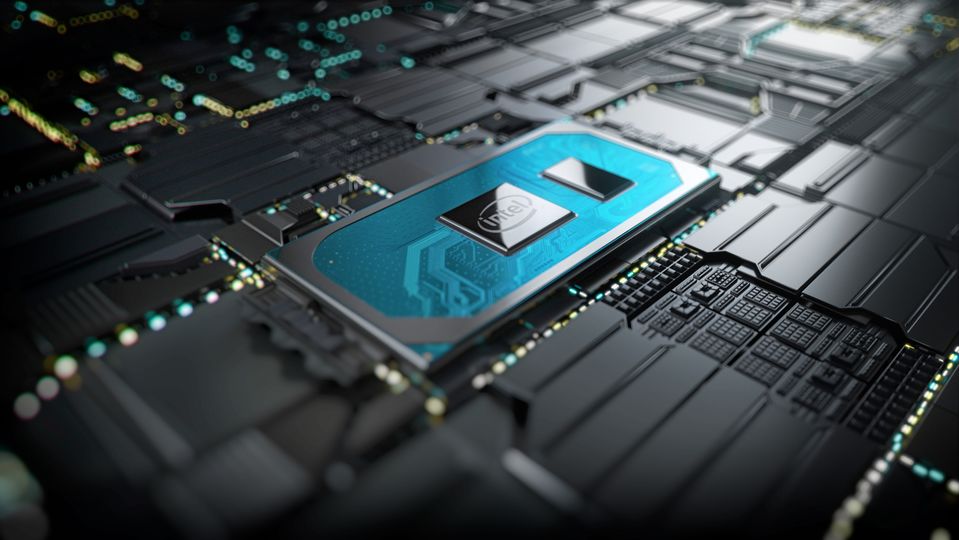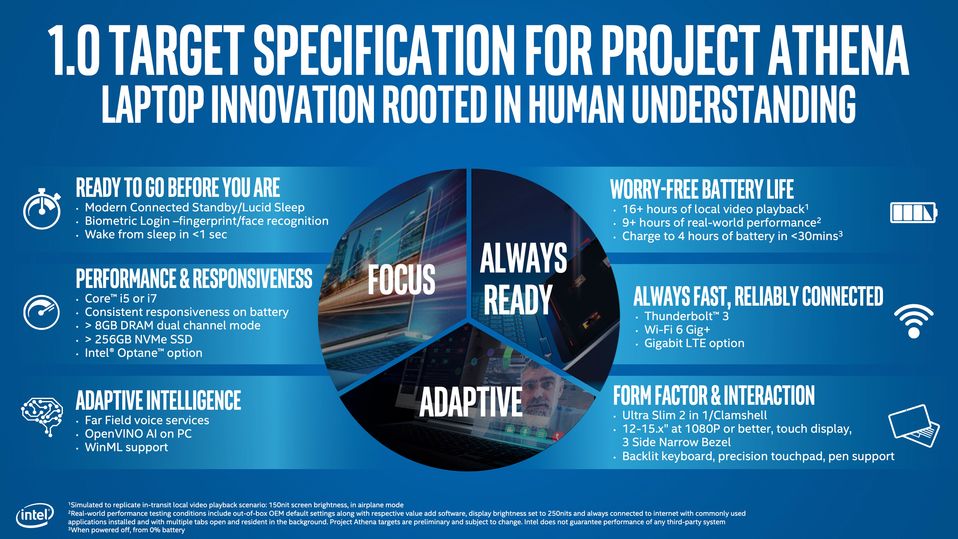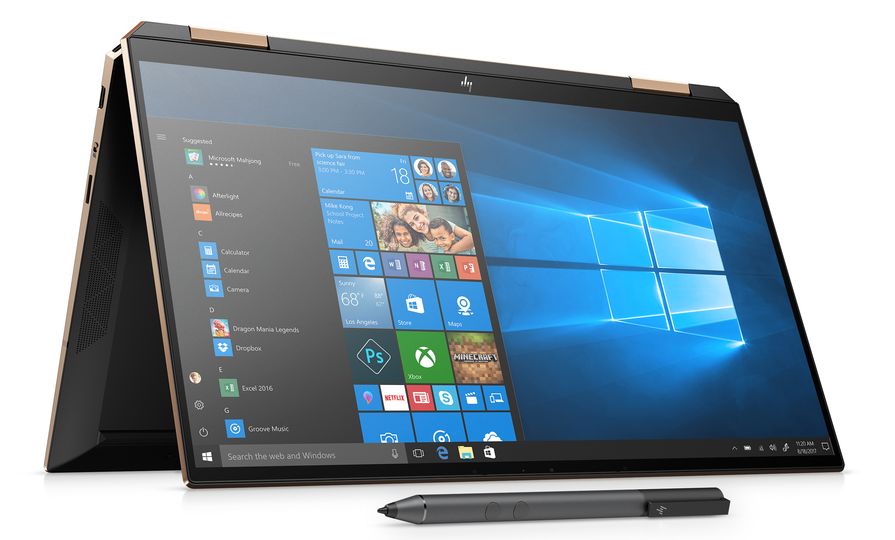Intel wants your next laptop to have proper all-day battery life
Get ready for a new wave of thin, light and long-legged laptops.

Laptop makers have been spruiking ‘all-day battery life’ for years, but achieving that goal all too often requires unrealistic comprises such as no WiFi, lightweight apps and screen brightness wound way down.
Very few business traveller would set out for the day but deliberately – confidently – leave their laptop’s AC adaptor in the office or hotel room.
Intel aims to change that, and in the process redefine the face of modern mobile computing, through a multi-year initiative dubbed Project Athena. And while that sounds like the title of a paperback spy thriller you’d pick up at the airport bookstore, Intel wants you to file Athena notebooks under ‘Non-fiction’.
Indeed, the first Athena notebooks will land over the coming weeks: starters from Acer, Dell and HP are already warming up on the grid.
The biggest drawcard for business travellers – or just about anybody, for that matter – will be battery life.
The minimum spec for an Athena-class notebook will be nine non-stop hours of battery life when connected to WiFi and browsing the Web, with the screen set to around two-thirds brightness.
(There’s a secondary spec of 16+ hours of ‘local video playback’ sans WiFi, but this is measured with the screen brightness set closer to 50%, which is not realistic for watching video.)
Years of habit may make it hard to wean yourself off carrying the laptop’s AC adaptor, but that brickette will come in handy if you need to top up the tank: Athena systems must also include fast-charge capability sufficient to reach four hours of battery capacity in just 30 minutes.
Pleasingly, this won’t come at the cost of performance: Athena is tied to Intel’s latest 10th Gen Core processors, and specifically the mid-range Core i5 and muscle-bound Core i7 rather than the mode modest entry-level Core i3. Both RAM and SSD must also use high-speed components.
Another cornerstone of Athena is superfast start-up, waking from sleep mode in less than one second with fingerprint or facial recognition and being ready to browse the Web inside of two seconds thanks to ‘connected standby’ mode.
There’s more to the Athena recipe – such as the latest WiFi 6 and 4G+ connectivity, narrow screen bezels and responsive ‘precision touchpad’ technology – which, wrapped in a skinny ~1kg chassis, should make these best-of-breed premium notebooks.
To ensure that Athena notebooks pass muster, Intel says its engineers will work with laptop manufacturers in designing each machine using twin lodestars of performance and low-power optimisation.
Those laptops will then be tested using real-world criteria such as out of the box display and system setting, and multiple tabs and applications running.
In many ways, Athena-grade laptops represent the next stage in evolution of the ultrabook – those insanely thin and light machines inspired by Apple’s MacBook Air which quickly became the new standard in Windows mobility.
Intel set the core technical criteria for ultrabooks – including solid state drives instead of hard drives, no CD or DVD slot, a chassis under one inch thick, the ability to wake and load Windows in less than five seconds and notch up a five hours of non-stop battery life.
Unlike as it did with ultrabooks, however, Intel says it won’t adopt a catchy more friendly and dare we say sexier marketing moniker for Athena-compatible devices. There won’t even be a shiny badge or hard-to-remove sticker blighting the laptop’s lid.
Instead, notebook buyers will be asked to look for point-of-sale signage which attests that the laptop is “Engineered for Mobile Performance.”
It’s a blandly unspecific say-nothing slogan that could just as easily apply to any notebook ever made, and an odd mis-step which we hope Intel corrects as Athena moves into the mainstream.






Hi Guest, join in the discussion on Intel wants your next laptop to have proper all-day battery life